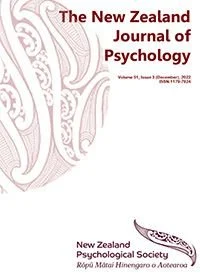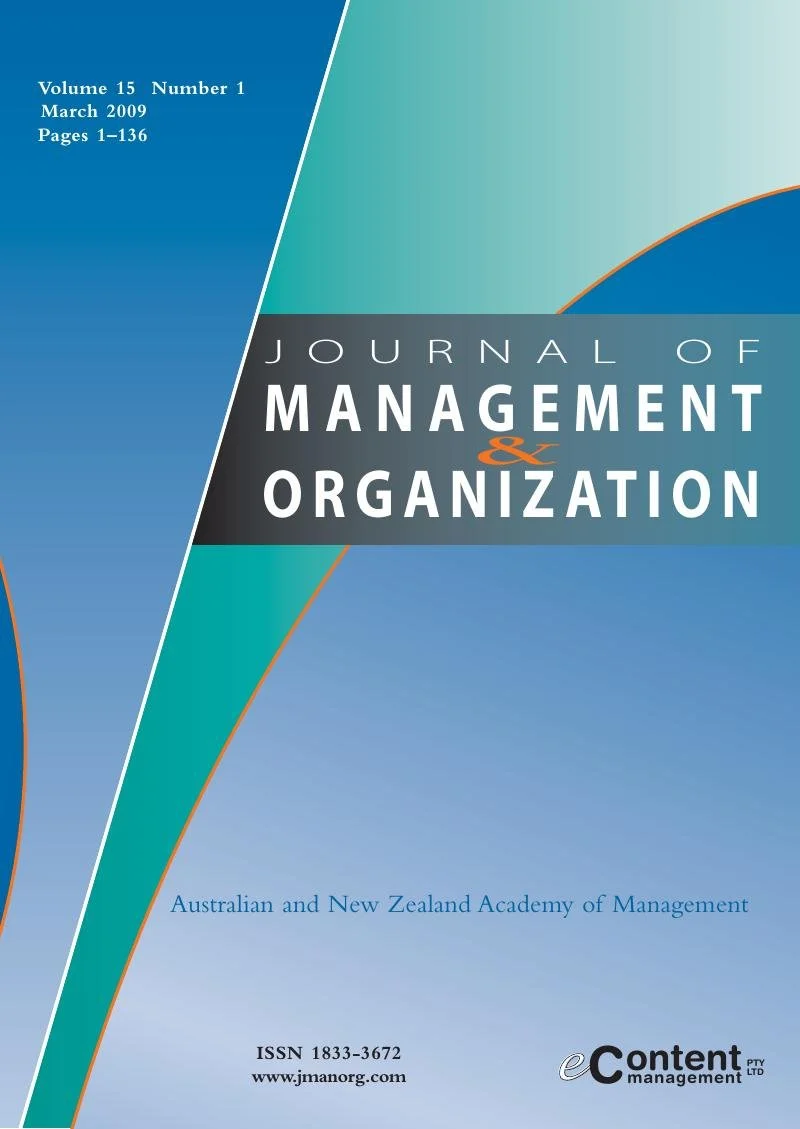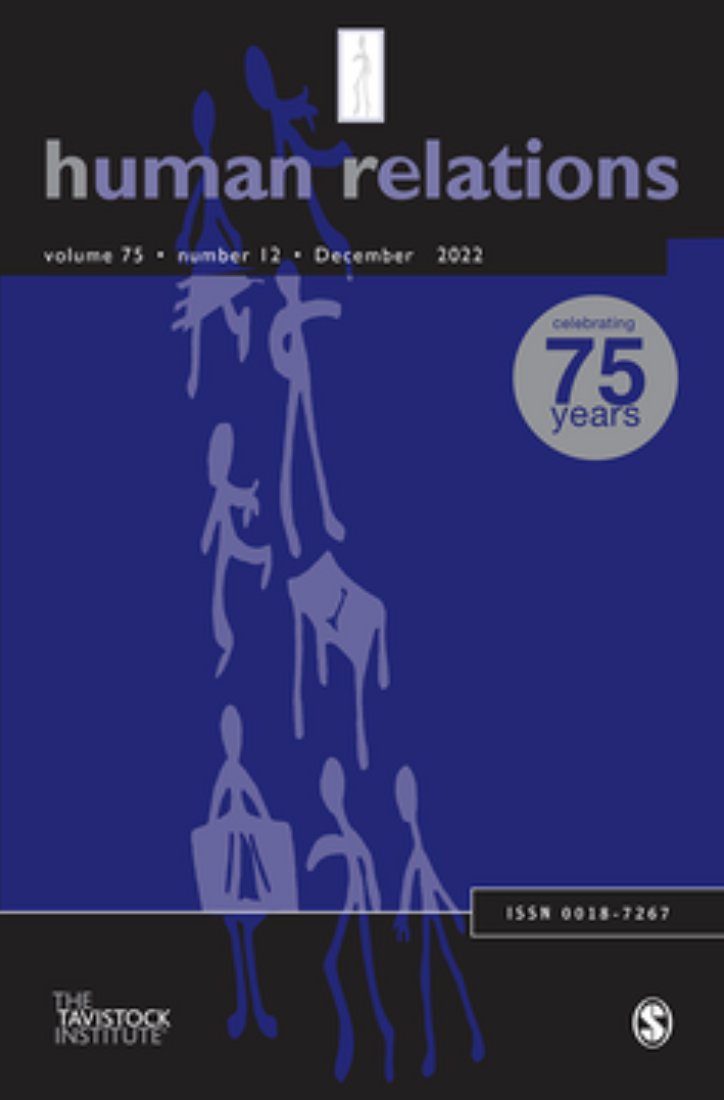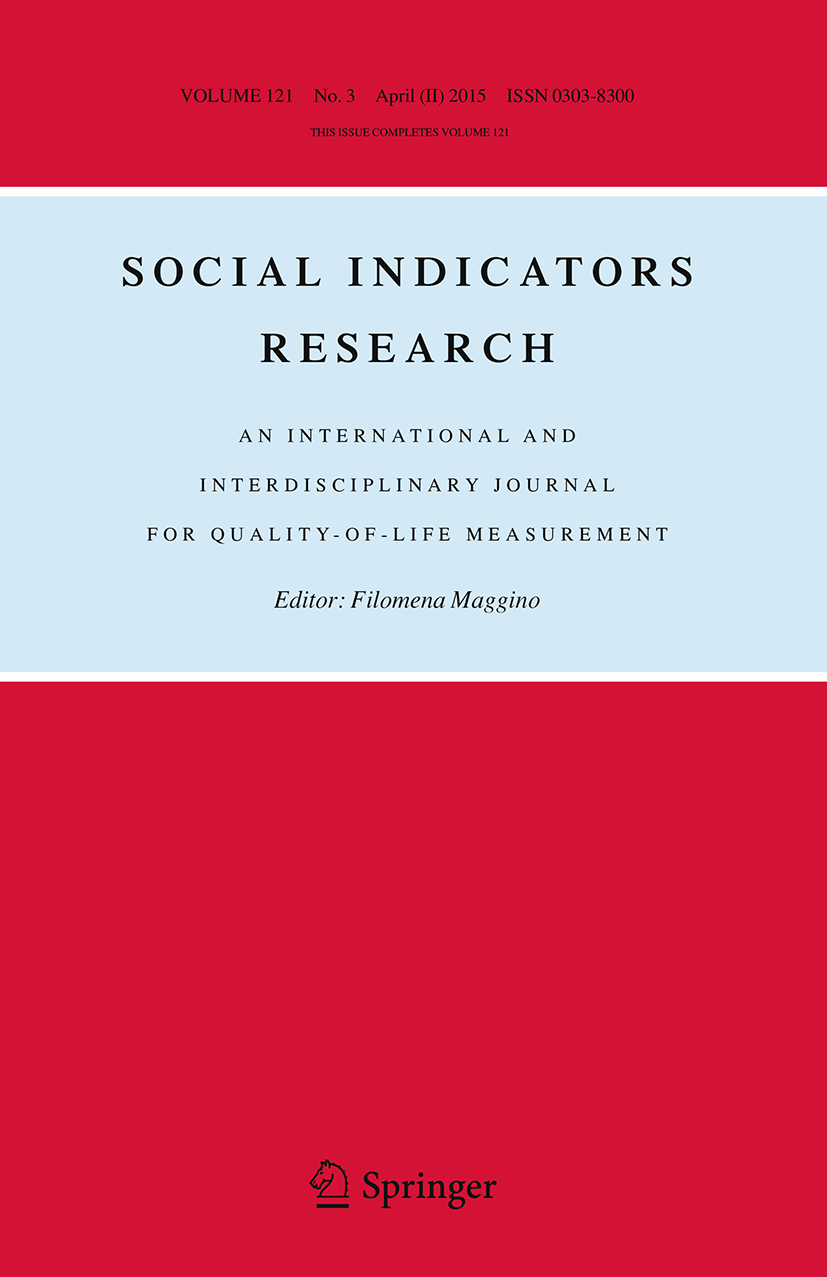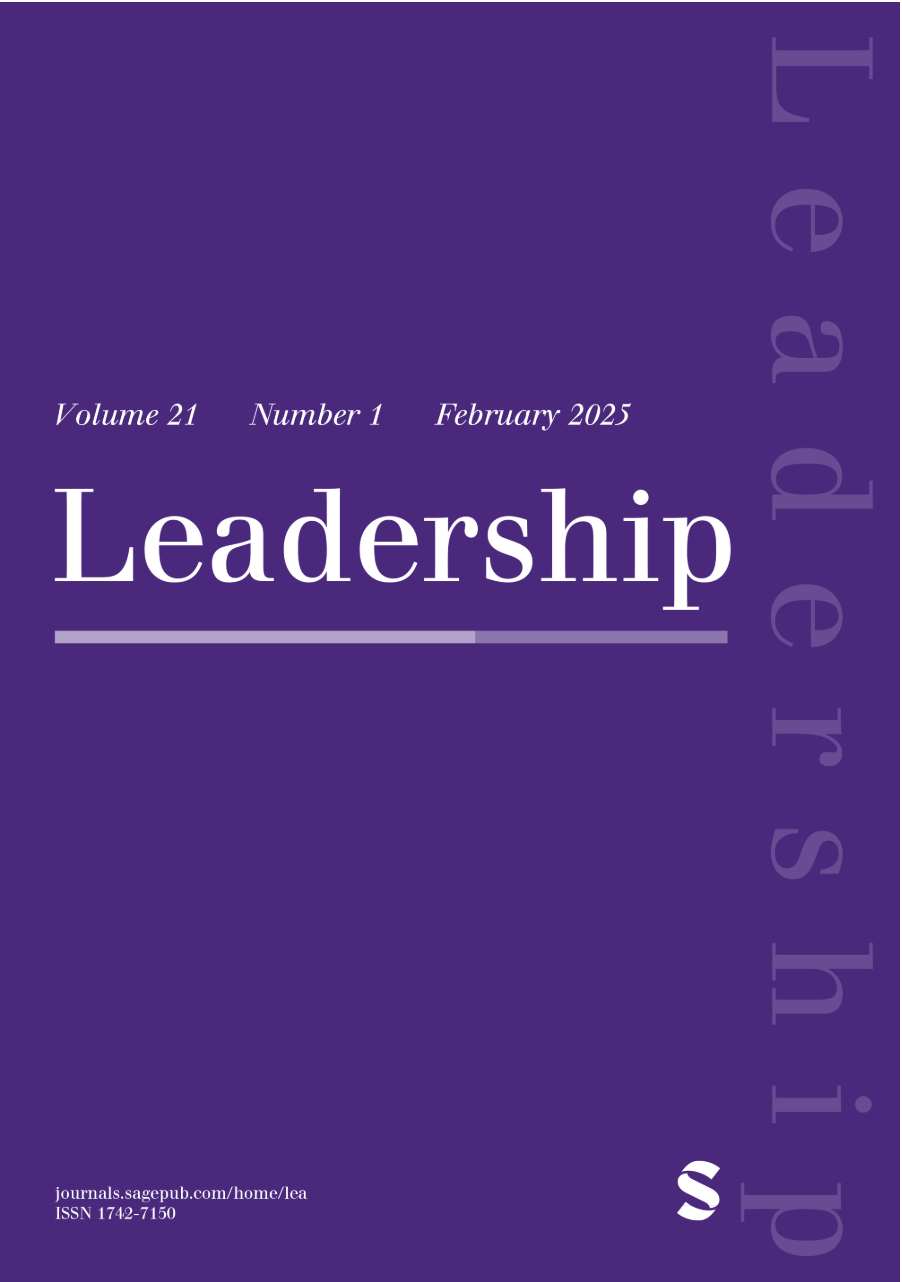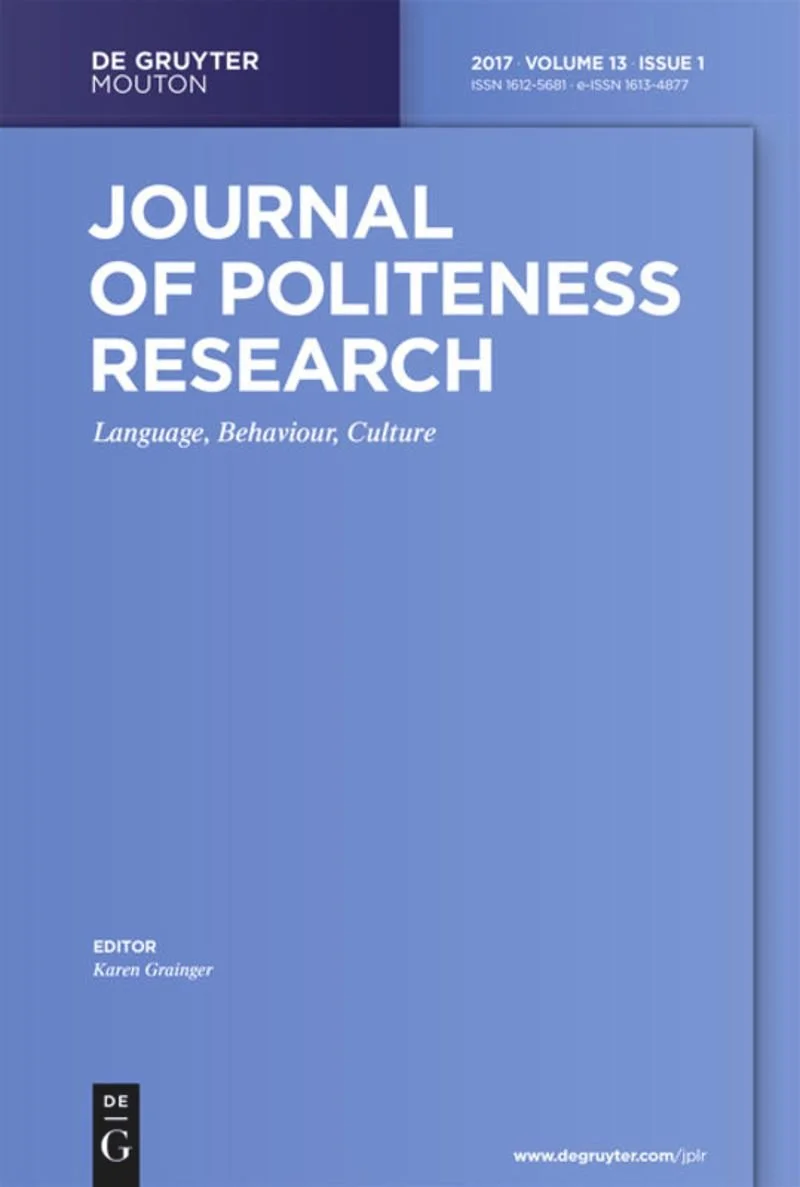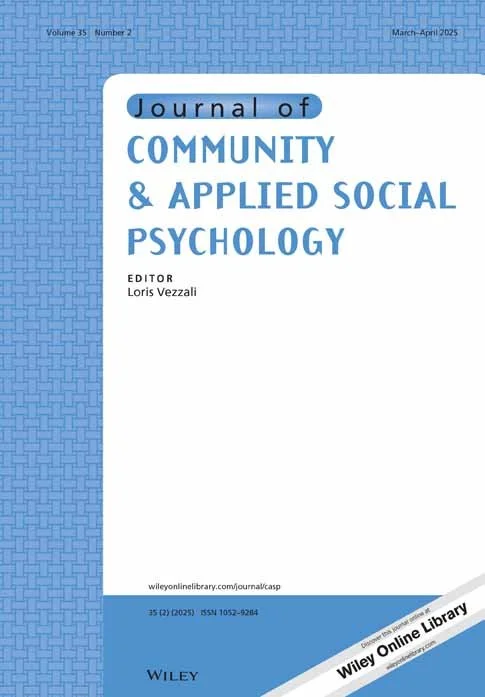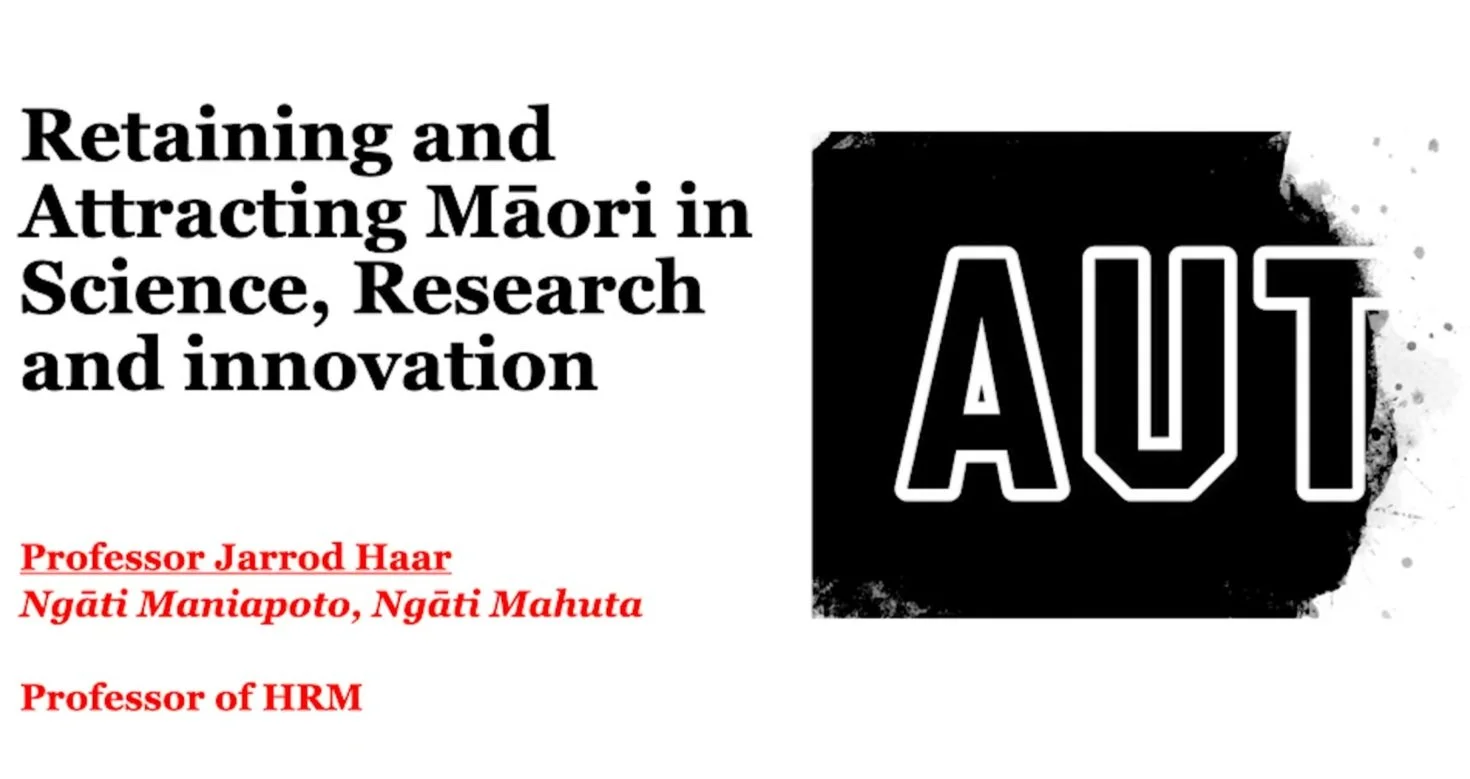
Work psychology
Explores the experiences of Māori employees as they strive to uphold their cultural identity within diverse workplace environments. Emphasises the importance of workplace practices that are culturally safe and responsive, particularly in recruitment, retention, and career development. Supports the view that organisations should actively create spaces where Māori values, tikanga, and worldviews are respected and upheld.
Web articles
Professor Jarod Haar - Victoria University
Aronga takirua and hauora
Māori scientists are experiencing burnout because of the burden that is placed on them to provide their expertise on mātauranga Māori Aronga takirua (or cultural double-shift) is a term coined to describe the dual focus that Māori scientists must have in their work, encompassing both Western knowledge and mātauranga Māori.
Professor Jarod Haar - Victoria University
HRM counteracting aronga takirua
Human resource managers (HRM) can counteract the detrimental effects of aronga takirua (cultural double shift) on Māori scientists.
Literature - Articles & Books
Brogham, D., Haar, J., & Roche, M. (2015)
Work-family enrichment, collectivism, and workplace cultural outcomes: A study of New Zealand Māori. New Zealand Journal of Employment Relations, pages 19-34
Examines how work-family enrichment and collectivist values influence workplace cultural wellbeing among Māori employees. Finds that enrichment and collectivism contribute to greater satisfaction and cohesion in the workplace, reinforcing the value of culturally informed organisational practices.
Bryson, J., & Hosken, C. (2005)
What does it mean to be a culturally competent I/O Psychologist in New Zealand? New Zealand Journal of Psychology, pages 69-76
Outlines the essential skills and awareness needed for industrial/organisational psychologists to practise effectively in culturally diverse New Zealand, particularly with Māori clients. Emphasises the importance of understanding cultural frameworks and engaging respectfully with Māori worldviews.
Gardner, D., Bentley, T., Catley, B., Cooper-Thomas, H., O'Driscoll, M., & Trenberth, L. (2013)
Ethnicity, workplace bullying, social support and psychological strain in Aotearoa/New Zealand. New Zealand Journal of Psychology, pages 84-91
Explores the relationship between ethnicity and workplace bullying, revealing that Māori employees report higher levels of bullying and strain. Shows that social support plays a protective role, reducing the negative impacts of such experiences.
Haar, J. M., & Brougham, D. (2016)
Organisational-based self-esteem: A within country comparison of outcomes between Māori and New Zealand Europeans. Journal of Management and Organisation, pages 720-735
Compares how organisational-based self-esteem (OBSE) influences job outcomes for Māori and Pākehā employees. Finds OBSE is more strongly linked to positive workplace experiences for Māori, suggesting employment plays a unique role in Māori self-perception and wellbeing.
Haar, J., & Martin, W. J. (2022)
He aronga takirua: Cultural double-shift of Māori scientists. Human Relations, pages 1001–1027
Explores the dual roles Māori scientists play, balancing expectations from Western academic institutions with responsibilities to their iwi and Māori communities. Highlights the emotional, relational, and cultural labour involved in this “cultural double-shift,” and calls for institutional support to ease this burden.
Haar, J.M., Brougham, D.M (2013)
An Indigenous Model of Career Satisfaction: Exploring the Role of Workplace Cultural Wellbeing. Social Indicators Research, pages 873–890
Short Description of resource Short Description of resource Short Description of resource Short Description of resource Short Description of resource.
Holmes, J.M. (2007)
Humor and the construction of Māori leadership at work. Leadership, pages 5-27
Explores how Māori leaders use humour in the workplace to establish rapport, navigate hierarchy, and manage relationships. Demonstrates how humour reflects Māori cultural values and serves as a key leadership tool.
Holmes, J., Marra, M., & Schnurr, S. (2008)
Impoliteness and ethnicity: Māori and Pākehā discourse in New Zealand workplaces. Journal of Politeness Research. Language, Behaviour, Culture, pages 193-219
Examines how Māori and Pākehā employees use and interpret impoliteness in workplace conversations. Highlights cultural differences in communication style, with Māori favouring indirectness and Pākehā tending toward direct critique.
Hyugens, I. (2006)
Discourses for decolonization: Affirming Māori authority in New Zealand workplaces. Journal of Community & Applied Social Psychology, pages 363-378
Analyses how Māori employees use language and practices to assert cultural authority and challenge colonial norms in workplaces. Presents these strategies as part of broader efforts toward decolonisation and organisational transformation.
Ihimaera, L. V., Maxwell-Crawford, K. M., & Tassell, N. A. (2004)
He waka arahi training - workforce nexus framework: The interface between Māori mental health training and education workforce development. Published by Te Rau Matatini.
Introduces a culturally grounded training framework that connects Māori mental health education with workforce development. Advocates for Māori-led approaches to build cultural competence and improve mental health outcomes.
Jackson, B., & Fischer, R. (2007)
Biculturalism in employee selection or 'who should get the job'? Perceptions of Māori and Pakeha job applicants in a NZ European student sample. New Zealand Journal of Psychology, pages 100-108
Explores how perceptions of Māori and Pākehā job applicants vary depending on merit and ethnicity among NZ European students. Finds that support for Māori candidates is conditional and shaped by complex attitudes toward equity and biculturalism.
Videos
Professor Jarrod Haar (2021)
Retaining and attracting Māori in science, research and innovation
Professor Haar discusses his recent publication (with Dr William John Martin) on Aronga Takirua – the cultural double-shift of Māori scientists. Based on a multiple studies of Māori scientists, the paper develops a theoretical model for understanding Aronga Takirua. The authors argue that to understand retention and attraction issues of Māori in science, research and innovation, we need to understand the cultural complexities first.
References
1. Journal Article:
Haar, J., & Martin, W. J. (2022). He aronga takirua: Cultural double-shift of Māori scientists. Human Relations, 75(5), 1001–1027. https://doi.org/10.1177/00187267211003955
Brogham, D., Haar, J., & Roche, M. (2015). Work-family enrichment, collectivism, and workplace cultural outcomes: A study of New Zealand Māori. New Zealand Journal of Employment Relations, 40(1), 19-34.
Bryson, J., & Hosken, C. (2005). What does it mean to be a culturally competent I/O Psychologist in New Zealand? New Zealand Journal of Psychology, 34(2), 69-76.
Gardner, D., Bentley, T., Catley, B., Cooper-Thomas, H., O'Driscoll, M., & Trenberth, L. (2013). Ethnicity, workplace bullying, social support and psychological strain in Aotearoa/New Zealand. New Zealand Journal of Psychology, 42(2), 84-91.
Haar, J. M., & Brougham, D. (2016). Organisational-based self-esteem: A within country comparison of outcomes between Māori and New Zealand Europeans. Journal of Management and Organisation, 22(5), 720-735.
Haar, J., & Martin, W. J. (2022). He aronga takirua: Cultural double-shift of Māori scientists. Human Relations, 75(6), 1001–1027. https://doi.org/10.1177/00187267211003955
Haar, J.M., Brougham, D.M. An Indigenous Model of Career Satisfaction: Exploring the Role of Workplace Cultural Wellbeing. Soc Indic Res 110, 873–890 (2013). https://doi.org/10.1007/s11205-011-9962-y
Holmes, J. (2007). Humor and the construction of Māori leadership at work. Leadership, 3(1), 5-27.
Holmes, J., Marra, M., & Schnurr, S. (2008). Impoliteness and ethnicity: Māori and Pākehā discourse in New Zealand workplaces. Journal of Politeness Research.Language, Behaviour, Culture, 4(2), 193-219.
Huygens, I. (2006). Discourses for decolonization: Affirming Māori authority in New Zealand workplaces. Journal of Community & Applied Social Psychology, 16(5), 363-378.
Ihimaera, L. V., Maxwell-Crawford, K. M., & Tassell, N. A. (2004). He waka arahi training - workforce nexus framework: The interface between Māori mental health training and education workforce development. Palmerston North, New Zealand: Te Rau Matatini.
Jackson, B., & Fischer, R. (2007). Biculturalism in employee selection or 'who should get the job'? Perceptions of Māori and Pakeha job applicants in a NZ European student sample. New Zealand Journal of Psychology, 36 (2), 100-108.
2. Webpage:
Haar, J., & Martin, W.-J. (2022, June 10). Aronga takirua and hauora. Building New Zealand’s Innovation Capacity. Te Herenga Waka—Victoria University of Wellington. https://www.wgtn.ac.nz/bnzic/research-areas/wellbeing/aronga-takirua-and-hauora
Haar, J., & Martin, W.-J. (2022, June 10). HRM counteracting aronga takirua. Building New Zealand’s Innovation Capacity. Te Herenga Waka—Victoria University of Wellington. https://www.wgtn.ac.nz/bnzic/stakeholder-insights/human-resource-management/hrm-counteracting-aronga-takirua
3. Video:
Haar, J. (2025, June 10). Professor Jarrod Haar FRSNZ - Retaining and attracting Māori in science, research and innovation [Video]. YouTube. https://youtu.be/JQePapW-xNQ
Cover Image credit: Photo by Alesia Kazantceva on Unsplash





